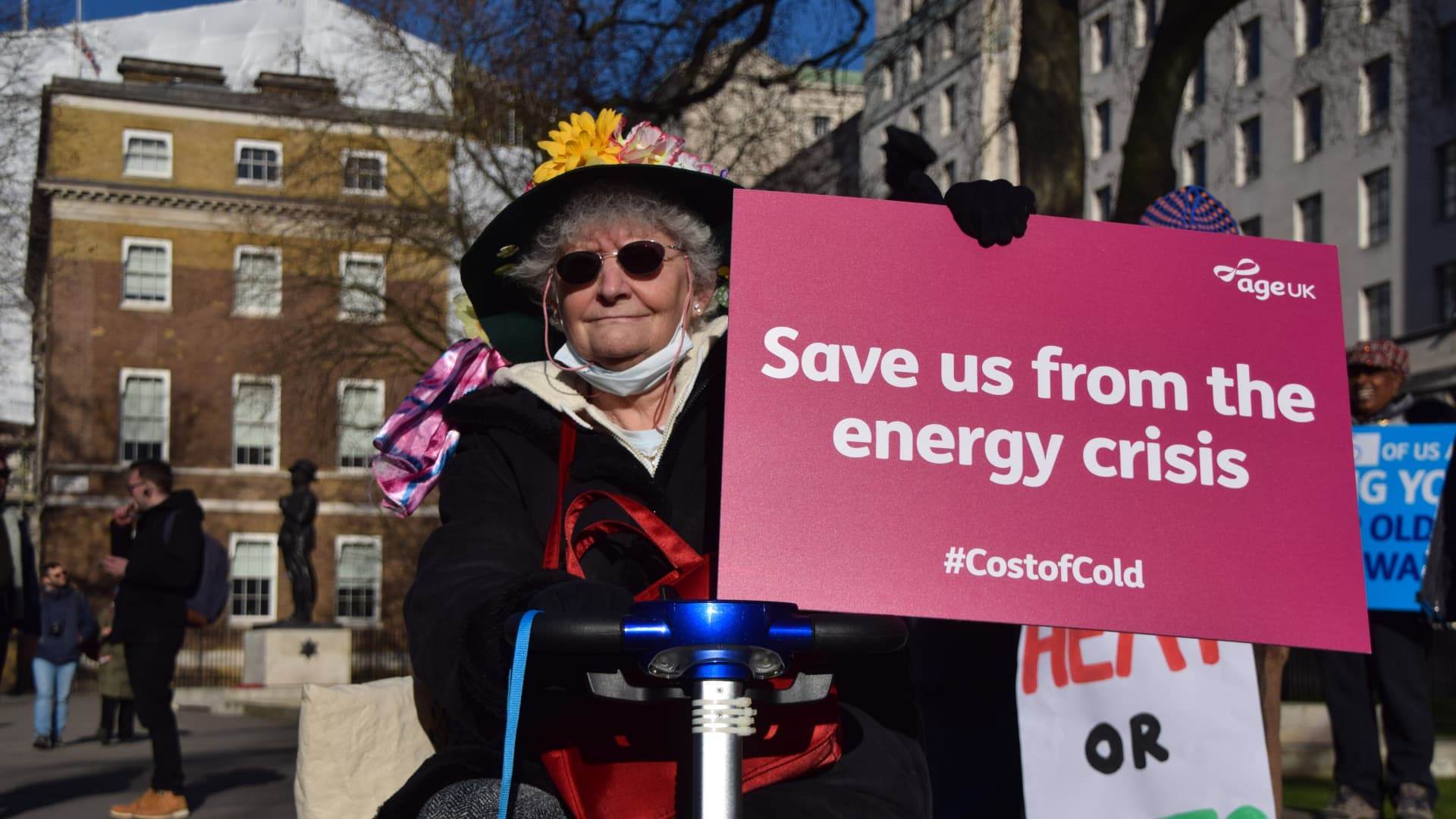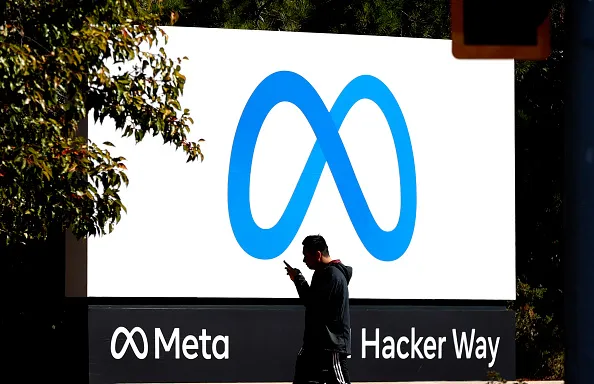Hong Kong stocks rise as Alibaba slips; Australia hikes interest rate
Several markets are closed in the region for holidays, including China, Japan, Singapore and India. Hong Kong will return to trade from a holiday on Monday.

SINGAPORE — Stocks across Asia-Pacific mostly declined on Tuesday, as Australia hiked its interest rate for the first time in more than a decade.
Australia's S&P/ASX 200 declined 0.42% to close at 7,316.20 and the Australian dollar last declined to $0.7090, after jumping to levels around $0.7121 following the hike.
Australia's central bank said Tuesday the cash rate will be increased by 25 basis points to 0.35% — the first rate hike since November 2010.
The hike was larger than the analyst estimate for 15 basis points to 0.25%, according to the median forecast of a Reuters poll of 32 economists.
In other markets, Hong Kong's Hang Seng index edged down 0.1% in the last hour of trade. Shares of Alibaba earlier fell more than 9%, before last paring losses to decline 1.37%.
Stock picks and investing trends from CNBC Pro:
The stock had fallen following unconfirmed rumors that linked the company's founder Jack Ma to a national security investigation. Chinese state media reported that the Hangzhou security bureau on April 25 took "criminal coercive measures" on an individual with the last name Ma over suspicion of using the internet to endanger national security.
CNBC was unable to confirm the Chinese report. Alibaba and the Jack Ma Foundation did not immediately respond to a request for comment.
U.K.-based bank HSBC's stock in Hong Kong rose about 2% in the afternoon. On Friday, Reuters reported HSBC's top shareholder Chinese insurance giant Ping An called for the bank's break-up.
Ronald Wan, non-executive chairman at Partners Financial Holdings, told CNBC's "Street Signs Asia" on Tuesday: "When we look at this matter, we need to add in some sort of a political element as well."
"Definitely the Hong Kong operation can be operating independently ... separated from other parts of operation. I think it can follow the instruction of the government ...more correctly," Wan said. "For the global investors, I think they need to make a decision whether they should accept this ... separation or spinoff."
Over in South Korea, the Kospi fell 0.26% to finish at 2,680.46. MSCI's broadest index of Asia-Pacific shares outside Japan declined 0.32%.
Several markets are closed in the region for holidays, including China, Japan, Singapore and India. Hong Kong will return to trade from a holiday on Monday.
Over in Europe, shares in the region abruptly fell on Monday, driven by a brief crash in Swedish markets. It was caused by a single sell order trade from Citigroup, reportedly tied to a wrong calculation relating to a Nasdaq index that involved Swedish stocks.
In U.S. stocks, the S&P 500 and Nasdaq Composite hit new lows for the year before closing in positive territory for the day.
The Nasdaq Composite rose 1.63% to 12,536.02, while the S&P 500 rose 0.57% to 4,155.38. The Dow Jones Industrial Average gained 84.29 points, or 0.26%, to close at 33,061.50. The Dow was down more than 500 points at its session lows.
The yield on the benchmark U.S. 10-year Treasury note rose about 11 basis points to 2.994% on Monday, hitting a high of 3.01% during the session — the highest since Dec. 3, 2018.
Financial markets expect the U.S. central bank on Wednesday to announce a half-percentage point increase in the Fed's benchmark interest rate.
Currencies and oil
The U.S. dollar index, which tracks the greenback against a basket of its peers, was at 103.626, rising from levels around 103.4 earlier.
The Japanese yen traded at 130.23 per dollar, as it stayed at levels weaker than 129.
Oil prices declined in the afternoon of Asia trading hours, with international benchmark Brent crude futures falling 0.87% to $106.61 per barrel. U.S. crude futures lost 0.85% to trade at $104.26 per barrel.
— CNBC's Evelyn Cheng contributed to this report.

 Konoly
Konoly 
































